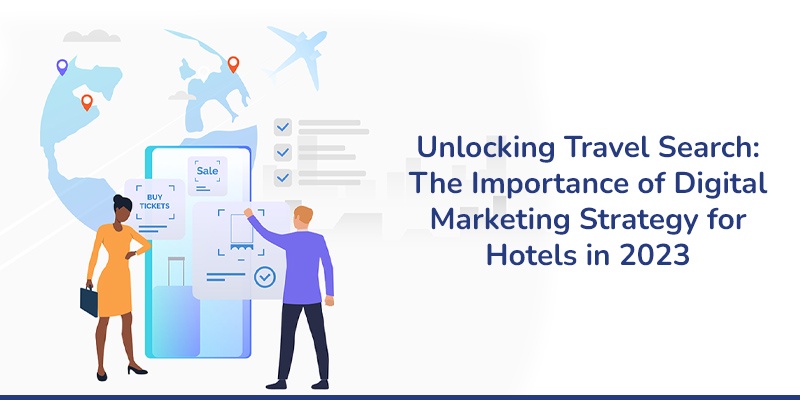As the world slowly recovers from the pandemic, travel has made a comeback, especially in the Asia Pacific (APAC) region. Travellers from APAC are showing strong pent-up demand for travel. Searches for travel accommodation were up 50% on average for domestic travel and 8% on average for outbound travel compared with 2019. According to a recent consumer study conducted by Google, over 55% of travellers surveyed in Australia, Singapore, and Japan said they would sacrifice non-essentials just to fund their next vacation.
However, the behaviour of APAC travellers has changed. Unlike before the pandemic, travellers are no longer researching their trips and accommodations in the same way. Today’s travellers are researching a lot more online, and this has changed the game for hotels. Hotels need to have a digital marketing strategy that meets travellers at every stage of their travel research and purchase journey to unlock business growth amid the surge in travel.
In a recent study conducted by Trip.com and Google in partnership with Kantar, we created a simulated environment for in-context testing and uncovered traveller insights that can help hotels hone their marketing strategy to drive bottom-line impact.
Our study found that 98% of travellers research travel online compared with 82% of those surveyed last year. Search is a leading digital touchpoint, with over 70% of travellers in populous developing markets like India using search. Between July and September, search interest in “best hotel” grew 23% year over year in India, and it rose by 179% and 248% in Australia and Singapore, respectively.
The increase in online research among APAC travellers is good news for hotels that have long used search for marketing. However, it also raises questions. Should hotels still invest in paid search ads if travellers are already searching online? Does the use of different ad formats such as text ads and hotel ads drive incremental value?
Paid search ads contribute to nearly 40% of overall search traffic, and our study found that travellers researching online not only look to paid search ads for information, but they also embrace them to a significant extent. The high percentage of paid traffic points to the deep trust travellers have in search ads and their reliance on these ads as they research and plan trips. This means that paid search ads can help generate meaningful traffic to your website and drive business impact.
Our study also found that travellers are influenced by different search ad formats based on the stage of travel research that they are in. When people have specific hotels in mind, they respond most favourably to text ads, which show up above or below organic search results and grab attention with headlines and descriptions relevant to the hotel that the traveller is searching for.
Text ads are the biggest drivers of traffic among such travellers, with the traffic from these ads exceeding that from organic search by 33%. Travellers in this stage of research also clicked on text ads 2.2X more than those still exploring different hotels.
On the other hand, people who are exploring hotel options are influenced by both text ads and hotel ads, which appear as dedicated pages that detail the hotel’s rates, amenities, and user reviews. The two ad formats provide a wealth of information, and they account for almost 30% of online traffic among travellers who are undecided about their hotel.
Our study also shows that across a traveller’s purchase journey, hotel ads drive awareness and loyalty, while text ads drive leads and conversion. With these insights, hotels can sharpen their marketing strategy and make targeted investments to achieve specific marketing objectives and results across the funnel.
Maximizing Business Growth: Understanding APAC Travelers’ Online Behavior to Sharpen Your Hotel’s Digital Marketing Strategy.
To make confident marketing decisions that will position your hotel for strong and steady growth, you need to understand what influences APAC travellers and how.




